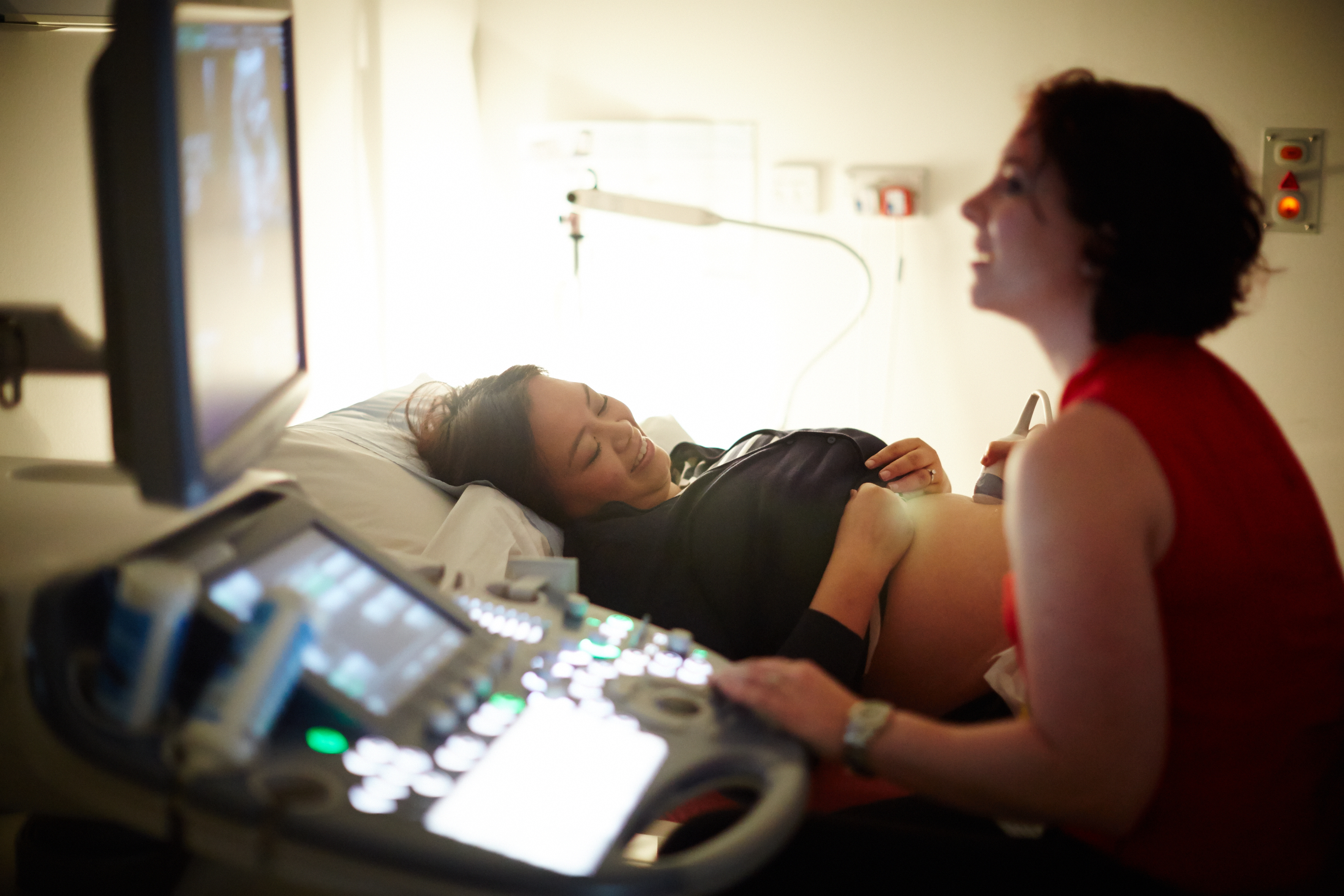The power of research
Why we need research
Pregnancy after loss can be a very anxious time and many women and birthing people may need extra support. We know across the UK there are huge variations in the care given to families following a loss. Research shows that 29% of women meet the criteria for post-traumatic stress disorder in the month following an early pregnancy loss, and 18% still meet the criteria 9 months on. For many, the specialist services they need when they’re ready to try again just don’t exist. We’re working hard to change this.
What are we currently doing?
Since 2013, our team in Manchester have been running the Rainbow Clinic, a specialist service for families through pregnancy after a stillbirth. Led by Prof Alex Heazell, we’ve supported over 1200 families to have their rainbow baby, and this model of care has been adopted by other maternity centres across the UK.
The Pregnancy Loss Review, a report looking at care for families who have lost a baby before 24 weeks of pregnancy, recommended that NHS England should work with the Royal Colleges to develop standard clinical care guidelines for miscarriage.
They recommend that it includes the Tommy’s Graded Model of Care, a model which means women and birthing people get further help after their first miscarriage, rather than having to wait until they have 3. This model is currently being trialled by our team at Birmingham Women’s Hospital, with the Government committing to evaluating the findings.
But we know more needs to be done, and our researchers are working right now to provide the evidence for more services and funding, so every family gets the right care and support.
Specialist services and support, for everyone
Our Rainbow Clinic service is already helping hundreds of families through pregnancy after loss, and the model has been adopted in some other parts of the UK. But, we want this specialist service to be available locally to everyone who needs it.
That’s why we’re running the National Rainbow Clinic Study, which is looking at Rainbow Clinics across the UK to help us show their impact. Our researchers in Manchester are looking into whether treatment at a Rainbow Clinic improves the chances of giving birth to a healthy baby, and whether this model improves the wellbeing of parents going through pregnancy after loss. By showing the benefits of these clinics, we hope to encourage other maternity units around the country to set up their own.
Changing healthcare practice is difficult, and we know that for national guidelines to be changed, we need to provide strong evidence to show why funding is vital to improve current services. That’s why our team in Manchester is looking at the overall health of parents who've had a stillbirth, and seeing how this differs from the general population. By showing policymakers the impact on health, we can influence them to put more resources towards reducing stillbirths and help save more babies’ lives.

Mental health support after miscarriage
We also know that in the period after a loss, couples experience a range of emotions, and the experience often has an impact on their mental health. Research by our team in Birmingham showed that of 157 Early Pregnancy Units surveyed between March and June 2022, only 7% provided mental health support after a miscarriage.
This has highlighted the urgent need to prioritise mental health support and ensure the right help is given to all women and birthing people who have experienced a pregnancy loss. That’s why, as part of the Tommy’s Graded Model of Care, women and birthing people who have a miscarriage will be offered mental health support earlier, to make sure they receive the support they need to heal from the trauma of pregnancy loss.
Supporting Dads and partners
The experience of dads and partners going through pregnancy loss is also largely neglected, with many finding themselves without the support they need. To help us better understand these experiences and what support might be needed, our team in Birmingham have been speaking to men who've gone through multiple early miscarriages.
These discussions showed many men feel they have to be strong and that their partner should be the focus of support, and therefore may emotionally detach from the situation. By better understanding these experiences, we can help make sure the right services and support are in place for dads and partners.
Together, we will save more babies’ lives. This is the power of research. Click here to find out more.
